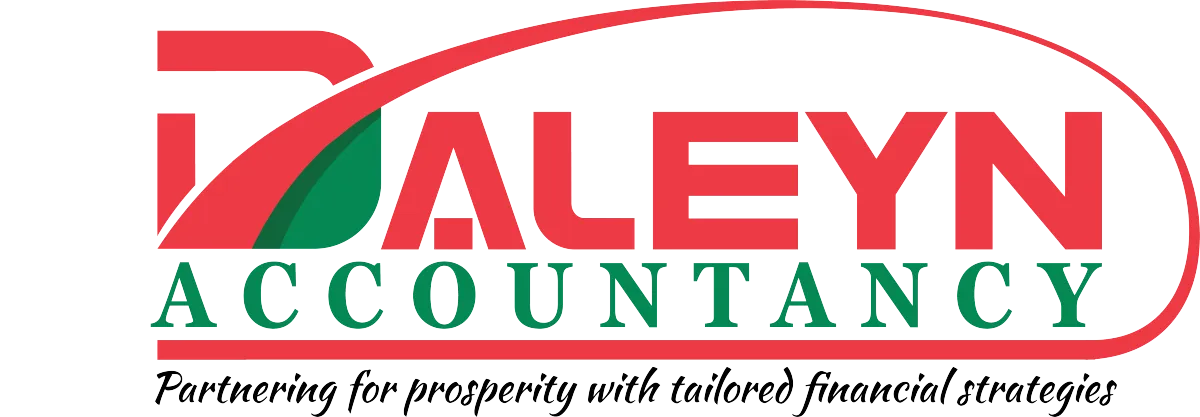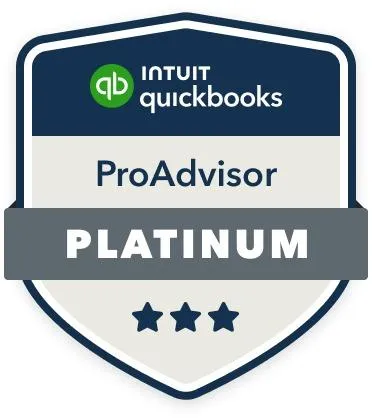EXPERIENCED FINANCIAL SERVICES FOR YOUR BUSINESS
Simplifying your accounting, so you can focus on growth.
At Daleyn Accountancy, we offer comprehensive financial services to manage your accounting, bookkeeping, and tax needs. Our team of experts ensures you have the financial clarity and support to drive your business forward.
EXPERIENCED FINANCIAL SERVICES FOR YOUR BUSINESS
Simplifying your accounting, so you can focus on growth.
At Daleyn Accountancy, we offer comprehensive financial services to manage your accounting, bookkeeping, and tax needs. Our team of experts ensures you have the financial clarity and support to drive your business forward.
OUR MISSION
Your trusted partner in financial success
Daleyn Accountancy is committed to providing businesses with reliable, accurate, and strategic accounting solutions. Our mission is to simplify your financial management, offering customized services that empower your business to reach its full potential.
OUR MISSION
Your trusted partner in financial success
Daleyn Accountancy is committed to providing businesses with reliable, accurate, and strategic accounting solutions. Our mission is to simplify your financial management, offering customized services that empower your business to reach its full potential.
EXPERTISE, TRUST, AND PROVEN RESULTS
Why Daleyn Accountancy?
At Daleyn Accountancy, we believe in creating and maintaining long-term relationships that allow us to remain committed to our clients throughout the year. We work diligently to best serve the needs of every one of our clients. We use the latest technologies to ensure your finances are protected and always as accurate as possible.
We provide a personal and experienced service that allows us to give you peace of mind while you focus on more important tasks related to your business. Always choose the professionals to protect your assets and to ensure that you’re ready for taxes at all times. We specialize in federal and state tax preparation as well as sales tax preparation, to reduce the chances of an audit for your business going forward.
Ready to get started?
TESTIMONIALS
What Our Clients Say About Us?

This CPA had integrity in her work. Very Professional and listens to all the concerns I had concerning my Quickbooks. Gave me tips to enhance my workability with my accounts.
Regina S

I've been working with Nordia for quite some time, and she's great. Super attentive to my needs and always willing to go the extra mile. Highly recommend!
Clarissa H

I've been working with Nordia for quite some time, and she's great. Super attentive to my needs and always willing to go the extra mile. Highly recommend!
Clarissa H

I’d been many years behind on filing my personal and business taxes. I can’t say enough incredible things about the service, the level of professionalism, the promptness, proactiveness she displayed.
Jannie D

Nordia is an absolute dream to work with! She helped me figure out my tax situation in just a couple of days and was incredibly pleasant and patient with me. I could not recommend her more!
Gina S

Nordia is an absolute dream to work with! She helped me figure out my tax situation in just a couple of days and was incredibly pleasant and patient with me. I could not recommend her more!
Clarissa H
We are here to help
Contact Us
Email:
Hours:
Monday - Friday, 7 AM - 3 PM
Saturday: Closed
Sunday: Closed
Phone:
818-696-0866

